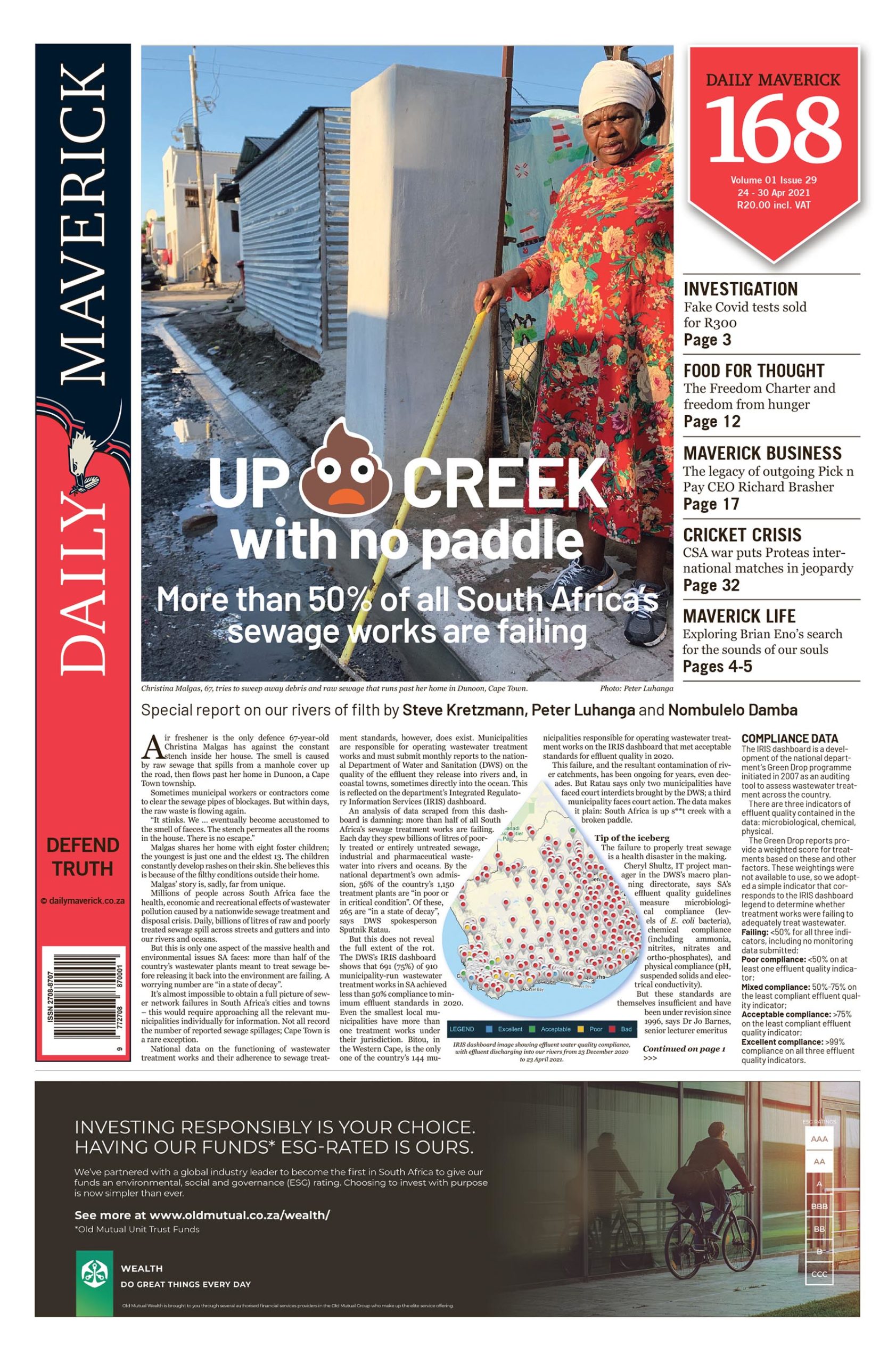First published in the Daily Maverick 168 weekly newspaper.
In simple terms, 12 major football clubs were willing to sacrifice decades of tradition and support to entrench their financial superiority in the world of football.
There is no debate – the traditional sporting principles of fair play, participation and enjoyment have long been trampled by the pursuit of financial dominance in the game.
On the same point, it should come as no surprise that the first significant cricket event to be staged during Covid-19 was the Indian Premier League (IPL) in November 2020. This event effectively replaced the International Cricket Council World T20 event scheduled for that time.
Given that the IPL brand value was $6.7-billion in 2019, it has become the most “important” cricket event on the calendar.
Despite India’s surging Covid-19 numbers at present, there is no suggestion that the event currently under way should be suspended. Its financial value outweighs that consideration.
The announcement of the European Super League was greeted with shock and horror by commentators and fans worldwide. It was also greeted with shock by players, who became aware of the decision at the same time that the public was informed.
Bruno Fernandes, Marcus Rashford, Gerard Piqué, Jordan Henderson, Mesut Özil, Ander Herrera, Luke Shaw and many others all took to social media to air their dismay at the decision. A player response on this scale was unprecedented – and was supported by managers such as Pep Guardiola and Jürgen Klopp, as well as many past players.
What is telling is that the decision taken by these clubs to join the Super League was taken without consultation with these players (or coaches). This was a decision that would have a major impact on their careers, possibly even ending their international careers, yet they were not included in any process to engage in the decision.
It is clear that these clubs regard their players as commodities; nothing more, nothing less. It may be that they earn astronomical salaries, but that in itself reinforces the “ownership” of the players.
Interestingly, the clubs did not sanction their players for speaking out (which, legally, they could have done under basic employment law principles), but proceeded to withdraw from the Super League, knowing that they had no power in countering the dissent.
The fallout of the Super League announcement has now undermined the commodity principle. It has also sent a loud message to club owners and federations: players have opinions and, when expressing them as a collective, they are more powerful than the administrators. Add this power to the weight of overwhelming public sentiment and the power is significant.
It is interesting to note that world governing body Fifa and European governing body Uefa were also opposed to the Super League concept. Had the players and public been supportive of the idea, the objection of Fifa and Uefa would have fallen away. Player and public power would have won the day.
This should serve as a warning to club owners and federations – there is a breaking point and commoditising the athlete has a limit.
The International Olympic Committee (IOC) has, for decades, dictated the terms on which athletes may participate in the Olympic Games, even prohibiting any possible athlete activism. In other words, you are a commodity that must perform, not a person with an opinion.
The IOC will argue that the athlete voice is heard through the IOC Athletes’ Commission – but the commission has never been regarded by athletes as anything but a committee owned by the IOC and managed by the IOC, not a true voice of the athlete.
True athlete collective representation exists through properly constituted independent player associations. Throughout the world, these associations protect and promote the interests of athletes across American football, baseball, ice hockey, basketball, rugby, soccer, cricket and Australian Rules football.
In the past 12 months, cracks have started to appear in the athlete commodity market. The Black Lives Matter movement, the Super League fallout and general athlete activism through player associations has signalled a fightback.
The European Super League came and went, but maybe the nature of the fight will affect athlete activism and future sporting decisions across the sporting world. DM168
This story first appeared in our weekly Daily Maverick 168 newspaper which is available for free to Pick n Pay Smart Shoppers at these Pick n Pay stores.
















 Become an Insider
Become an Insider
Comments - Please login in order to comment.